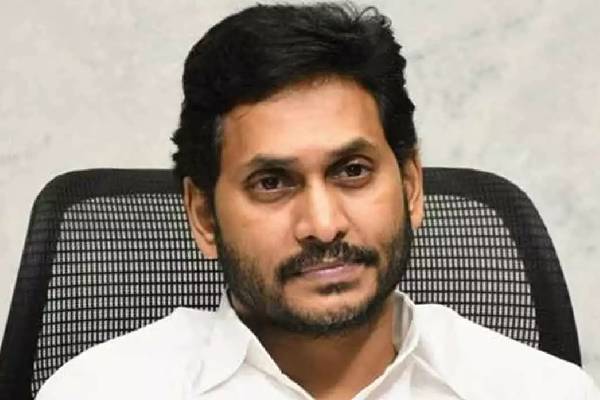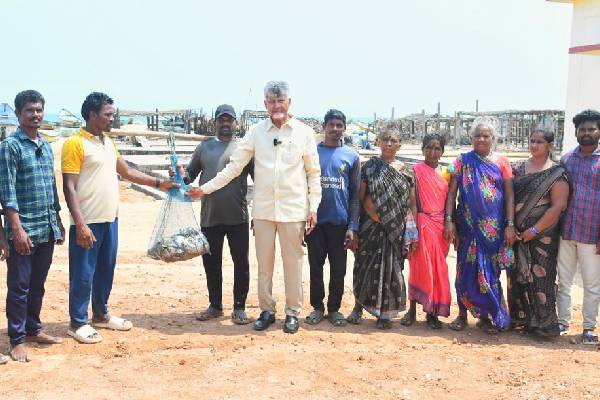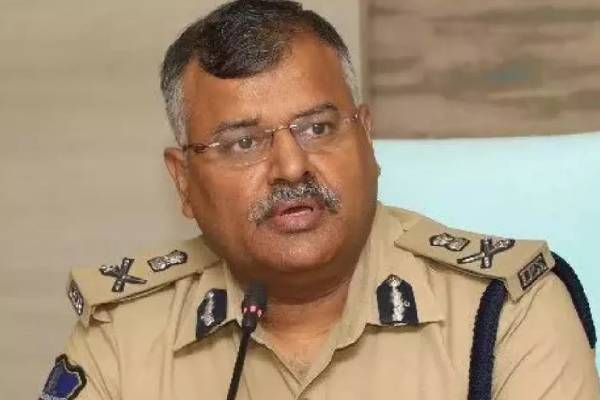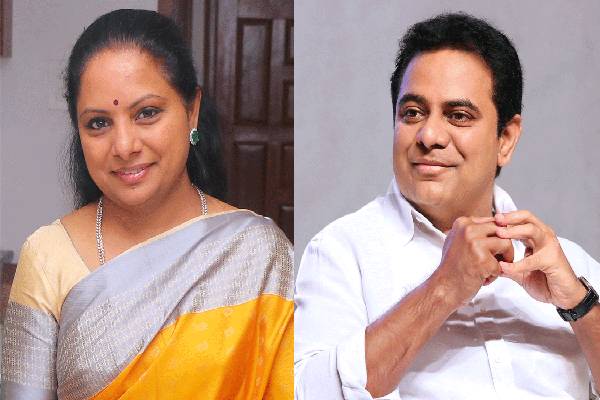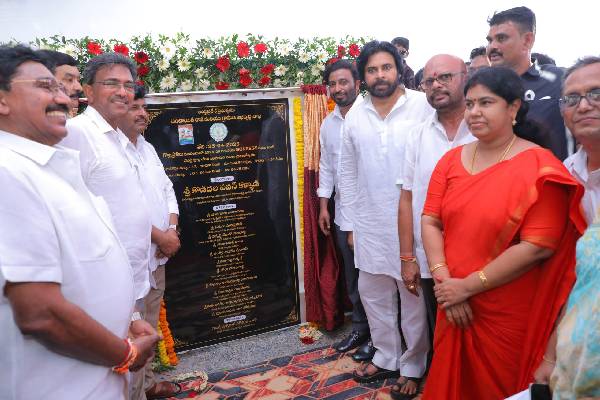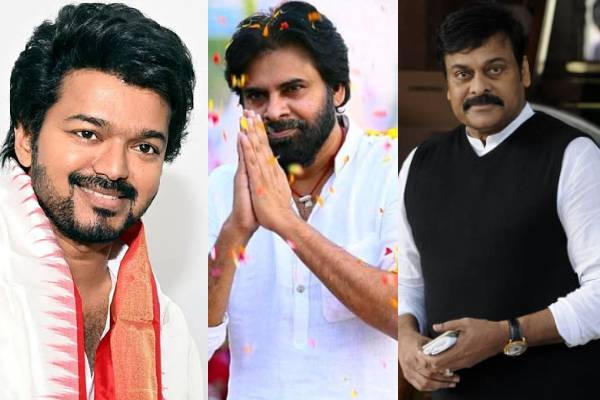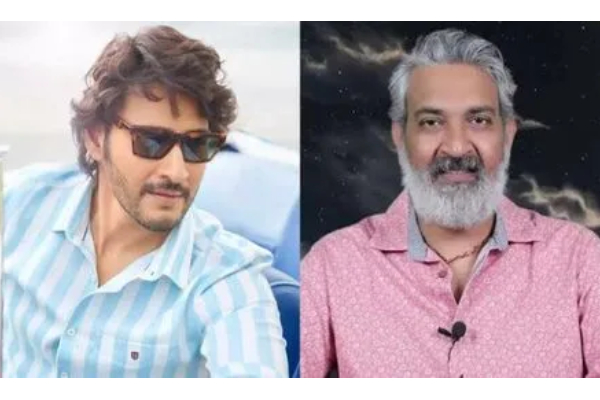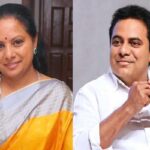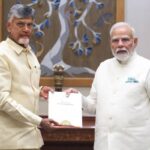The landscape of South Indian politics has seen a fascinating trend in recent years: popular film actors transitioning into the political arena. This phenomenon has captured public attention and reshaped the political dynamics in states like Tamil Nadu and Andhra Pradesh. Among these actor-turned-politicians, three names stand out: Vijay, Chiranjeevi, and Pawan Kalyan. Each of these charismatic figures has embarked on a unique political journey, with varying degrees of success and challenges.
Vijay Joseph : The New Entrant with Grand Ambitions
In Tamil Nadu, superstar Vijay has recently stepped into the political spotlight with his party, Tamilaga Vettri Kazhagam (TVK). Known for his mass appeal and blockbuster films, Vijay is now preparing to make his mark in the political realm. The TVK is set to hold its first mega state-level conference on September 23 in Vikravandi, signaling the party’s official entry into Tamil Nadu’s political scene.
The scale of preparations for this inaugural event is indicative of Vijay’s ambitious approach. The party has rented an 85-acre plot to host the conference, expecting a turnout of approximately 1.5 lakh people from across the state. Extensive arrangements are being made to ensure a smooth experience for attendees, including parking facilities, food, water, and medical services.
Vijay plans to use this platform to unveil TVK’s vision, ideology, and principles, as well as explain the significance of the party’s newly unveiled flag. The flag, with its maroon and yellow color scheme and the motif of two fighting tuskers flanking a Vaagai flower, symbolizes the party’s identity and aspirations.
As Vijay takes his first steps in politics, he seems to be laying a strong foundation, learning from the experiences of his predecessors in the film-to-politics transition. However, the real test will lie in translating his cinematic popularity into political success and navigating the complex landscape of Tamil Nadu politics.
Chiranjeevi: A Cautionary Tale of Political Ambition
In neighboring Combined Andhra Pradesh, the political journey of Telugu megastar Chiranjeevi serves as a sobering counterpoint to Vijay’s nascent political career. Chiranjeevi launched the Praja Rajyam Party (PRP) in August 2008 amidst much fanfare and high expectations. His entry into politics was seen as a breath of fresh air, with many hoping for a fresh alternative in Andhra Pradesh’s political landscape.
Initially, the PRP attracted significant public support, riding on Chiranjeevi’s immense popularity and the promise of change. However, the party soon faced substantial challenges that hindered its growth and effectiveness. One of the primary issues was the lack of a strong organizational structure, a critical component for any new political entity. The PRP struggled to establish a solid foundation and faced difficulties in terms of party structure and organization.
Internal dissent and factionalism further weakened the party. Differences in ideology, leadership aspirations, and conflicting interests among party members led to divisions and infighting, hampering the party’s unity and effectiveness. These internal conflicts significantly impacted the PRP’s ability to present a united front and connect with the electorate.
The true test came during the 2009 Andhra Pradesh Legislative Assembly elections. Despite securing a significant vote share, the PRP failed to convert this into a substantial number of seats. The party won only 18 out of 294 assembly seats, a disappointment considering the initial expectations and support. Moreover, the PRP failed to win any seats in the simultaneous Lok Sabha elections, further denting its political aspirations.
Faced with limited success and ongoing internal challenges, Chiranjeevi made the decision to merge the PRP with the Indian National Congress in 2011. This move effectively ended the PRP’s existence as an independent political entity. While some saw this as a strategic move to gain political relevance, it led to disillusionment among many of the PRP’s original supporters who had hoped for a distinct political alternative.
Chiranjeevi’s experience highlights the complexities and challenges of transitioning from cinematic popularity to political success. It underscores the importance of having a robust party structure, clear ideology, and the ability to translate public support into electoral victories.
Pawan Kalyan: The Phoenix of Andhra Pradesh Politics
The political journey of Pawan Kalyan, Chiranjeevi’s younger brother, adds another layer to this narrative of actors in politics. Pawan Kalyan, the “Power Star,” founded the Jana Sena Party (JSP) in March 2014, as Andhra Pradesh was on the cusp of bifurcation. His entry into politics was marked by a rousing address to thousands of supporters, creating the impression that a new political force was emerging.
However, Pawan Kalyan’s political path has been far from smooth. In the 2019 elections, the JSP’s performance was disappointing. The party won only one seat out of 137 contested in the assembly elections and failed to secure any Lok Sabha seats. Pawan Kalyan himself lost from both assembly constituencies he contested. This poor showing was a stark reality check for the fledgling party.
Analysis of the JSP’s vote share revealed that its support was largely confined to the Kapu community, to which Pawan Kalyan belongs. The party struggled to expand its appeal beyond this base, with its vote share ranging from 10% to 35% in Kapu-dominated areas but falling below 5% in many other constituencies.
Despite these setbacks, Pawan Kalyan has shown resilience and adaptability. Recognizing the changing political dynamics, he realigned the JSP with the National Democratic Alliance (NDA). This strategic move seems to have paid off in recent elections, with the JSP achieving a remarkable turnaround. The party won all 21 Assembly and two Lok Sabha seats it contested as part of the NDA alliance in the latest polls.
Pawan Kalyan’s journey illustrates the importance of persistence, strategic alliances, and the ability to learn from setbacks in politics. His recent success suggests that with the right approach and partnerships, it is possible to overcome initial hurdles and establish political relevance.
As Vijay embarks on his political journey in Tamil Nadu, the experiences of Chiranjeevi and Pawan Kalyan in Andhra Pradesh offer valuable lessons. While star power and public adulation can provide an initial advantage, building a sustainable political career requires much more. A strong organizational structure, clear ideology, broad-based appeal, and the ability to adapt to changing political landscapes are crucial factors for success.
-Sanyogita





















